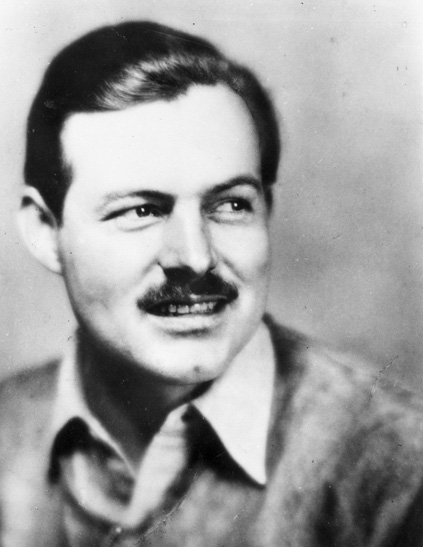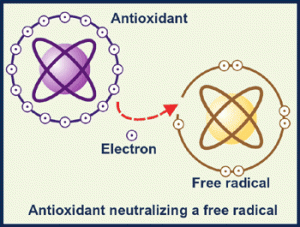It seems hard to believe that a single unit of blood can save up to three people’s lives, but that is the truth. By giving up this small sample of our blood, along with little more than an hour of our time, we could possible give three people a second chance in life. One of those could be a family member or a friend who is urgently in need of a donation. A small sacrifice for you is quite possibly a life-saving intervention for them.
Deciding to give blood isn’t as simple as wanting to give it, though. A number of factors could deem your blood unsuitable for donation, such as any recent pregnancy or childbirth, or undergoing a major operation inside the last six months. While wanting to donate blood is admirable, you should only make a donation if you are sure that your blood would be safe to give to another person. This process can be further complicated by the requirement for compatibility between donor and recipient. People of type A blood, for instance, will not be able to receive from anyone with blood types B or AB, as the presence of the B antigen would cause an antibody against the A antigen and potentially lead to a fatal reaction.



